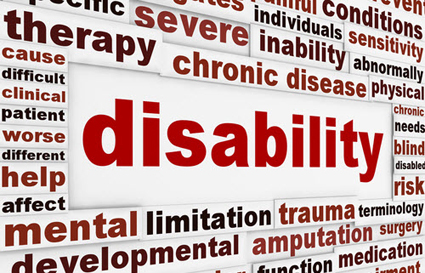by Terri L. Rhodes, CEO of the Disability Management Employer Coalition (DMEC)
2017 is a year of uncertainty for the HR sector. Absence and disability management professionals are no different. A new president and Congress are sure to institute laws and regulations that make changes great and small. At the same time, states and localities continue to make their own legal and regulatory changes, especially around paid leave.
 |
Paid Family Leave
While the chance of a paid leave law at the federal level is unlikely, paid family leave remains the top absence and disability management trend of 2017. The labor market continues to tighten, one of a number of factors that have driven large employers to consider paid parental leave an important part of a recruitment and retention strategy. We expect more employers to offer this benefit in 2017.
In addition, localities and states continue to pass paid family leave laws. In 2016, California, New York, New Jersey, and Rhode Island were joined by the District of Columbia (D.C.) with paid leave laws. D.C.’s law is funded by a tax on employers, which will be used to establish and fund a separate paid parental leave law department. This arrangement could significantly influence the most important question surrounding paid leave: Who pays?
Paid Sick Leave
Five states, 29 cities, two counties, and Washington, D.C. have some form of a paid sick leave law. Similar legislation is pending in more than 25 states. These laws, which usually have differing provisions and are layered on top of other leave provisions, create a host of administrative issues. Compliance by multistate employers will be a key issue in 2017.
Outsourcing
The most common outsourced programs are state and federal Family and Medical Leave Act leave. The Americans with Disabilities Act outsourcing now leads the way in growth. According to the 2016 DMEC Employer Leave Management Survey, even employers with fewer than 250 employees are outsourcing. Growth in outsourcing will continue in 2017.
Stronger Vendor Relationships
Vendor engagement will continue to increase in 2017, led by vendor summits. Summits allow employers and vendors to step out of silos and look at absence and disability management in a comprehensive way. Employers report greater coordination, efficiency, and improved services.
Mental Health
Mental health ranked the list of popular topics at the 2016 DMEC Annual Conference. We believe in 2017 even more employers will establish programs to help identify and treat behavioral health. We also hope to see less stigma toward depression and all forms of mental illness.
Professionalization
Driven by the growth and complexity of leave laws, we will see continued professionalization of disability and absence management. Professional designations like the new Certified Leave Management Specialist (CLMS) program will continue to contribute to this trend.
A tighter labor means richer benefits, increased employee bargaining power—and higher costs for employers. Disability and absence management professionals must engage in continuous learning to stay ahead of this curve. If they do, the professional and personal rewards will be greater than ever in 2017.
|
|

